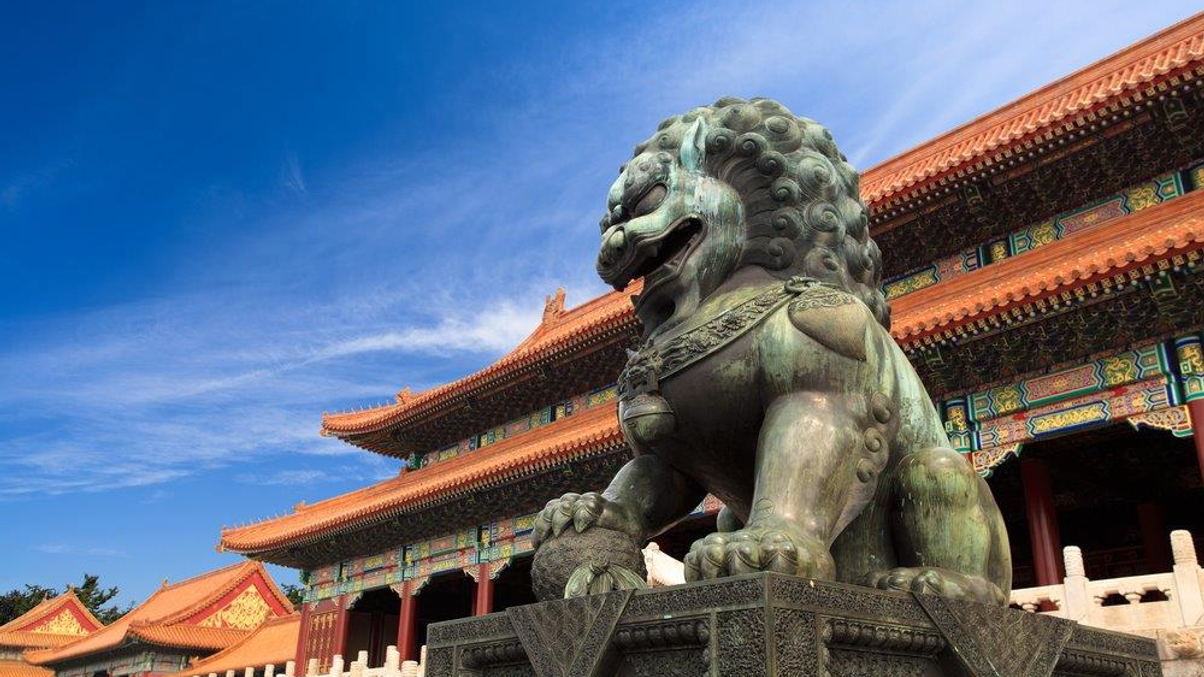More talk, less action to come from China
Discussions at the Communist Party of China's plenary meetings will include pension, shadow banking and state-owned enterprise reforms, but few concrete plans are expected to emerge.

While some may have high hopes ahead of the Communist Party of China’s plenary meetings this weekend, others expect more talk than action to come from Beijing.
Sign in to read on!
Registered users get 2 free articles in 30 days.
Subscribers have full unlimited access to AsianInvestor
Not signed up? New users get 2 free articles per month, plus a 7-day unlimited free trial.
¬ Haymarket Media Limited. All rights reserved.


